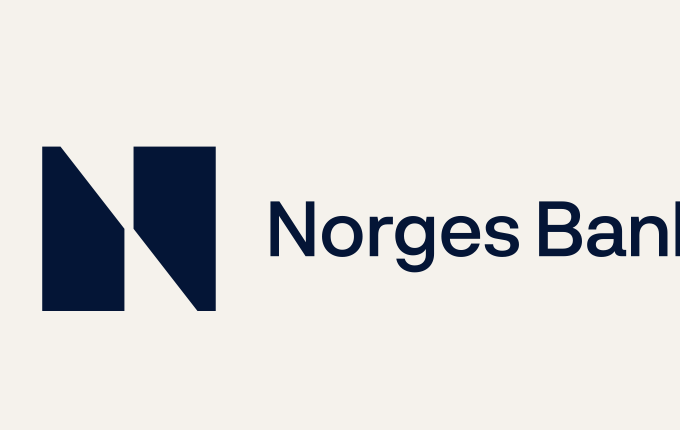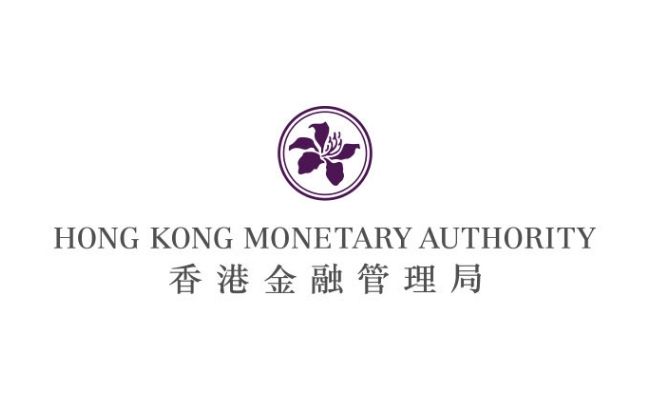
Malaysian Central Bank prepares for banking industry’s ‘Kodak Moment’
The Central Bank of Malaysia has established an open API implementation group with members drawn from the banking industry, fintech community and key stakeholders to develop open API standards for the financial sector as part of efforts to broaden access and promote innovation and competition.
Chew ran through a host of initiatives that local banks and regulators are pushing through to prepare themselves for the coming revolution.
On Open APIs, a central bank survey conducted last year found that more than half of banks and insurers in Malaysia indicated plans to roll out their own suite of interfaces in the near to medium term. The aim of the API implementation group will be to draw up a set of industry standards to avoid fragmentation and ensure best practice.
In the blockchain space, Chew pointed to efforts by banks to pool resources to defray the cost of experimentation involved in developing scaleable use cases for the technology’s application.
“In Malaysia, nine banks have done this by coming together to develop blockchain applications for trade finance,” she says.
On the risk management front, the Bank plans to follow progress at the World Economic Forum which recently created a consortium to develop common principles for risk assessments, guidance for implementation, and a scoring framework.
And in the area of payments, the Bank last week issued an Interoperable Credit Transfer Framework (ICTF), which promotes collaborative competition for mobile payments.
Says Chew: “Under this framework, banks and non-banks alike collaborate at the infrastructure level through a shared payment infrastructure, while individual players compete at the product level by developing innovative value-added features. This approach is envisioned to expand the network reach at a lower cost, while promoting competition in areas that advance financial inclusion, higher service levels and the delivery of a superior customer experience.”
There are clear synergies to be gained from such collaborative efforts, says Chew. “They enable technological infrastructure to be shared across the industry. This shifts the competitive focus towards improving the value created for customers and the economy at large, rather than a race towards building proprietary networks that ultimately leads to market fragmentation.”





